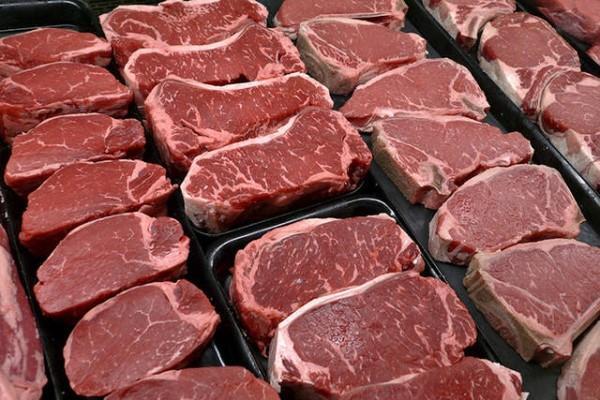
Egypt- Beef, soybeans' production destroying biodiversity
The vast majority of deforestation takes place because of a few commodities that end up in consumer products. Beef, soybeans, palm oil, and wood pulp are four commodities in particular that are key drivers of deforestation. 'Meat and soy are the top two contributors to deforestation, we must eliminate financial and other support for these sectors,' stated Isis Alvarez, a Colombian biologist and a Global Forest Coalition (GFC) member, a worldwide coalition of NGOs and indigenous peoples' organisations from 60 different countries. She added 'Parties are talking about 'investing in biodiversity', but we need to talk about divesting from biodiversity destruction.'
In some countries, the political leadership has consistently demonstrated the country's intention to favour the soy export industry at the expense of public welfare as in Argentina, theIn Brazil, one of the countries with the highest deforestation rates on the planet, the government has made heavy investments in the livestock industry, mainly through the
'Intensive livestock production requires large quantities of harvested feed which, in return, requires substantial areas of land while grazing animals such as cattle, which places additional stress on the state of earth's forests, especially the Amazon.' says Alvarez.Between August and October, nearly 1,674 skm—twice the side of New York City—of forest was converted to pasture which increased the deforestation rate up to 273%, while the rate stood at 114% during the same period last year.
In Paraguay, many livestock and soybean farms were established through fraud and land-grabbing at the expense of the rights of peasant communities and indigenous people. Cattle ranching and soy monocultures resulted in devastating deforestation throughout the country. Currently, the Paraguayan Chaco is experiencing theSome alternatives such as a rapid reduction in meat and dairy consumption and incentives for small-scale, localised, and ecologically sound food production, as well as community conservation initiatives were also proposed to support biodiversity conservation in those countries.

Legal Disclaimer:
MENAFN provides the
information “as is” without warranty of any kind. We do not accept
any responsibility or liability for the accuracy, content, images,
videos, licenses, completeness, legality, or reliability of the information
contained in this article. If you have any complaints or copyright
issues related to this article, kindly contact the provider above.

















Comments
No comment